

When planning a move, the questions you ask a relocation company can make all the difference in reducing stress and ensuring a smooth transition. Many people overlook the finer points, yet these specifics can dramatically impact the moving day experience. Instead of leaving things to chance, understanding which subjects to address with a potential moving service lets you gauge their reliability, transparency, and suitability—protecting your assets and your peace of mind.
Choosing a moving and relocation service in the United States involves far more than simply comparing prices or availability. Homeowners and businesses alike must uncover how these services handle delicate items, licensing, insurance, surcharges, and timelines. Asking the right questions up front reveals standards of professionalism, clarifies logistics, and helps avoid costly misunderstandings after the contract is signed.
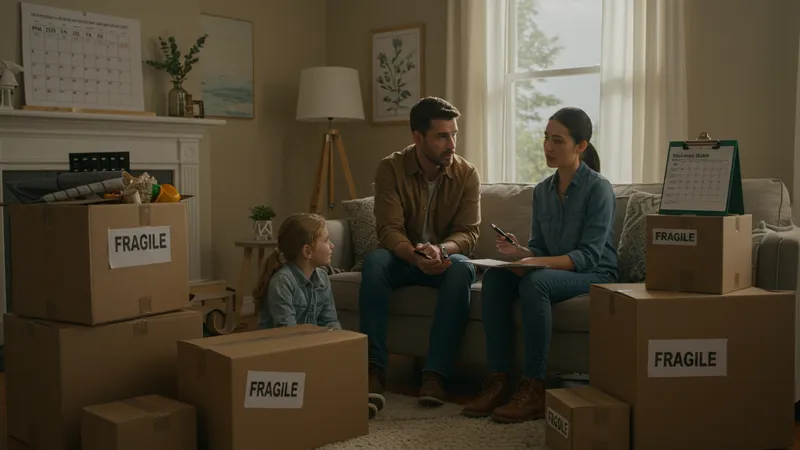
Understanding if a mover holds a valid U.S. Department of Transportation (USDOT) license distinguishes reputable carriers from unregistered operators. In the United States, licensed movers are required by law to display their DOT number, protecting customers from potential fraud or damages. Insurance details also matter greatly—federal and state levels have minimum requirements for both liability and cargo insurance, but coverage can vary widely.
The way a company provides an estimate signals professionalism and transparency. Requiring an in-home visit (physical or virtual) shows the mover cares about accuracy—this is standard practice among recognized brands like United Van Lines and Mayflower. Written estimates allow you to compare services side by side and offer recourse if surprise fees arise later.
Special handling for high-value or fragile belongings often separates full-service companies from budget providers. Leading companies like Allied Van Lines offer custom crating, white-glove packing, and even temperature-controlled shipping for unique items. Knowing whether these services are offered and at what price ensures your valuables are protected and lets you plan appropriately for items that require special care.
Additional policies around cancellation, refunds, and dispute resolution can be revealing. Top U.S. relocation services provide clear guidance on these topics upfront, avoiding confusion and additional charges on moving day. Carefully reading these policies, and asking clarifying questions, gives customers leverage and security when unexpected issues arise.
While the initial inquiry phase may seem straightforward, the deeper details reveal even more valuable insights ahead—insights that can transform your moving experience from daunting to smooth and successful.
Licensing and insurance are the backbone of trust in any U.S. moving company. Federal law requires all interstate movers to register with the Federal Motor Carrier Safety Administration (FMCSA), displaying a valid USDOT number. When evaluating movers, confirm this registration independently using the FMCSA’s online resources. Lack of licensing is a red flag that no customer should ignore, as unlicensed movers operate outside the law and offer little recourse if something goes wrong.
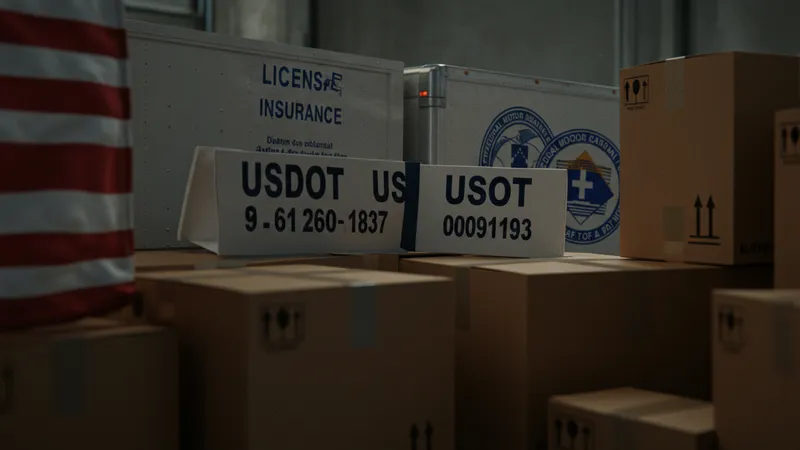
Insurance coverage provided by moving companies must be clearly spelled out before any contract is signed. Most legitimate services, such as United Van Lines and Allied Van Lines, offer options ranging from basic Released Value Protection (often included at no charge but with limited coverage) to Full Value Protection, which may involve additional costs but provides far greater compensation for loss or damage. Understanding your rights under these policies ensures you’re not left uncovered.
Some states, like California and New York, require additional registration or offer consumer protection resources for intrastate moves. These regulations add a valuable layer of protection, so be sure to check both federal and state requirements when moving within or out of state lines. Failing to ask about or verify these can result in loss or denied claims if things go wrong during the move.
Even with thorough legality checks, not all coverage is equal. Ask the company to detail exactly how claims are handled, including response times and the process itself. This transparency helps identify movers who stand behind their service versus those that might evade responsibility when issues appear.
The process of obtaining and verifying moving estimates in the United States can often reveal vital information about a company’s ethics and reliability. Major brands such as Mayflower and Allied Van Lines emphasize in-home or virtual walkthroughs, where a company representative assesses the actual volume and condition of items to ensure accuracy. Quotes issued after a brief phone call or online form, without a walk-through, may not be realistic—and often pave the way for surprise fees.
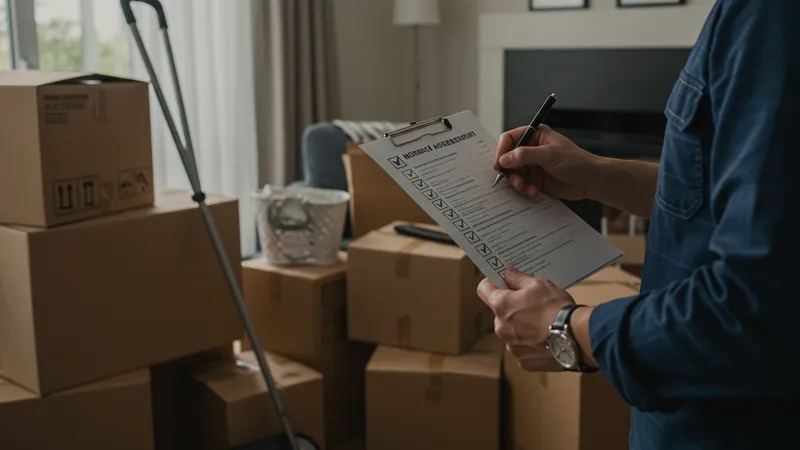
It’s essential to know the distinction between binding and non-binding estimates. A binding estimate guarantees the price you’ll pay unless you add extra items or services on moving day. Non-binding estimates, on the other hand, can increase, especially if weight or item count is underestimated. Always confirm in writing whether your quote is binding or not—which is standard among top-tier companies.
In the U.S., some companies offer price-matching policies or seasonal rate adjustments. This can affect your final cost—moving in the off-season months (like winter) is almost always cheaper than the peak summer season. Asking your mover about how and when their rates change can unlock significant savings or reduce logistical headaches from last-minute price revisions.
Comparing quotes across several licensed providers—like United Van Lines, Mayflower, and Allied Van Lines—gives you leverage and a clearer sense of what’s reasonable. If one estimate is much lower than the rest, it may be a sign of withheld fees, so transparency and openness in the estimate process should weigh heavily in your final selection.
Moving in the United States often involves transporting items that require extra care, such as artwork, antiques, electronics, or sensitive documents. Leading relocation companies highlight their specialty handling services during the pre-move consultation. With a provider like Allied Van Lines, customers can ask about custom crating, soft-packing, or climate-controlled transportation, which are all designed to safeguard valuables during transit across diverse weather and road conditions.
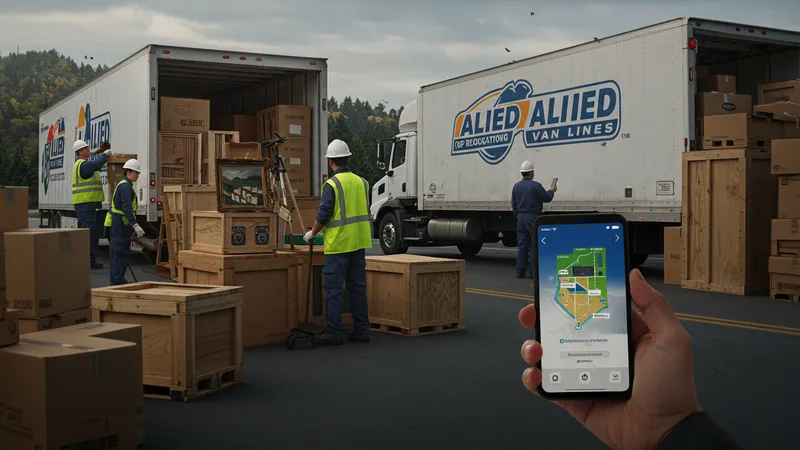
It’s worth exploring whether the moving service offers GPS tracking for high-value shipments. Many modern providers, including United Van Lines, now let customers follow the location of their goods in real-time via web or mobile applications. This not only adds peace of mind but also accountability in case of delay or route deviation.
Policies around liability protection are particularly important for items deemed “extraordinary value.” Make sure to discuss the process for declaring these items with your mover, as you may need to fill out separate inventory forms and, in some cases, purchase additional insurance. Not all companies structure this process similarly, so clarity is essential to avoid coverage gaps if loss or damage occurs.
Finally, ask about the training and vetting practices for packing and handling staff. Reputable U.S. services openly share information about their crew’s credentials and background checks. Choosing a mover with dedicated, experienced teams can make a notable difference in damage prevention—especially for moves involving sentimental or irreplaceable property.
The ability to communicate clearly and resolve issues quickly sets outstanding moving companies apart in the United States. Top providers like Mayflower and United Van Lines invest in customer service teams specifically trained to field moving-related queries and handle disputes. Before hiring, ask about direct points of contact and whether 24/7 support is available—some brands offer specialized move coordinators for complex relocations.
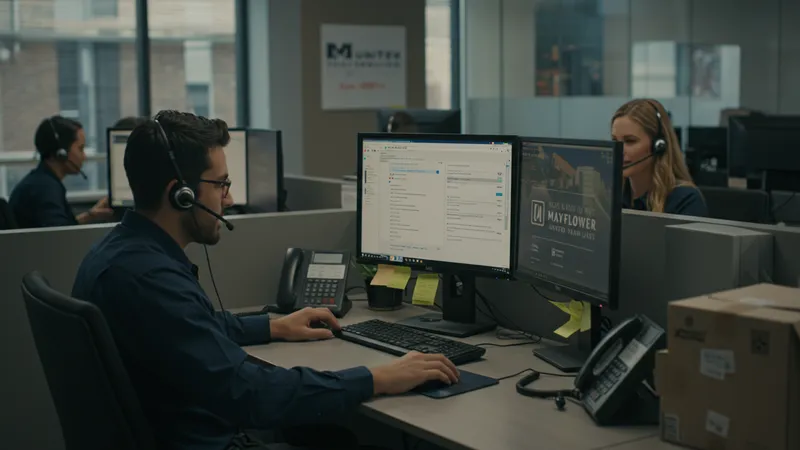
Carefully review cancellation and refund policies, as terms vary considerably. Transparent companies clearly outline these policies in their contracts, explaining circumstances that warrant full or partial refunds for delays or service interruptions. Some providers allow date flexibility without penalty if you communicate changes early, which can be critical for families or businesses on tight schedules.
When disagreements arise, having a clear understanding of a service’s dispute resolution process is crucial. Licensed companies are required to provide details about how claims are handled—look for written timelines, escalation procedures, and government-backed mediation options. Unambiguous procedures signal the company expects and welcomes accountability, not just when things go right but also when mistakes happen.
Online reviews and third-party resources like the Better Business Bureau and FMCSA complaint histories offer further transparency into how U.S. movers resolve disputes in the real world. Integrating this external insight into your vetting process, together with direct answers from the moving service, gives you additional confidence before signing any agreements.